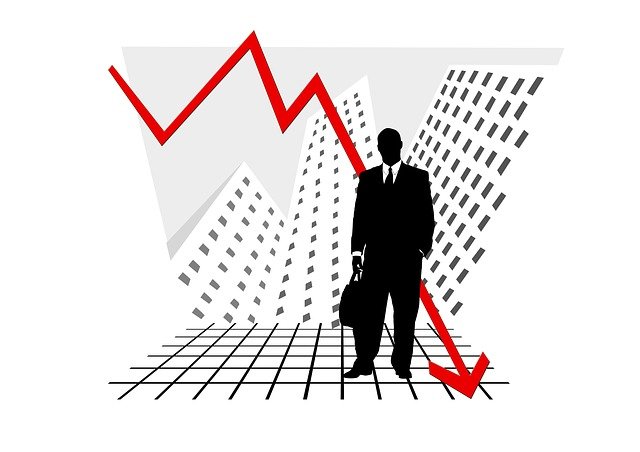The Bank of England last week increased interest rates for the 12th consecutive time, up another 0.25% to 4.5%. Interest rates have not been as high as this for the last 15 years and there is a potential that the increase could put many households up and down the country in even more serious financial straits.
Raising Base Rate In An Attempt To Bring Down Inflation

Policymakers at the Bank of England are raising the base rate in an attempt to bring down the level of inflation, but as yet, although it may have peaked, it is not showing any sign of falling back quickly. In fact the Consumer Price Index sits at over 10% with food and drink over 19% in March!
A Danger Inflation Is Becoming More Embedded
Paul MacFlynn, who is a Nevin Economic Research Institute co-director, is critical of the bank’s move to increase interest rates yet again. In an article in the Belfast Telegraph he says:
“The Bank of England will tell you this is necessary because they believe there’s a danger inflation is becoming more embedded,” said Mr Mac Flynn. “But I think that’s a significant miscalculation and they’re reacting to numbers without interrogating them.
“We know why prices have risen. It isn’t because consumers have been going out and borrowing huge amounts of money and splurging, it’s because we had an energy crisis which fed into other parts of the economy, particularly food.”
He goes on to say that these decisions could lead to damaging the economy in Northern Ireland, saying:
“I think we’re really underestimating the danger to the economy,” he said, with households and businesses likely to feel the impact in phases as their mortgages or loan packages come to an end.
“What happens is all the pain stored up will keep ricocheting out throughout the economy and the danger there is it leads to a downturn”, said Mr Mac Flynn. “Once that cat’s out of the bag, it’s very hard to get it back in.
“When you consider house prices increased a good bit, people may have pushed themselves to the upper limit of what they thought they could afford in payments.
“If you’re talking about somebody that bought their house as little as 18 months ago and, say, took out a two-year fixed, they are looking at a dramatic increase in monthly payments when they have to refinance in six months. That’s real.
“Your first impact of that is a house price crash and we know the experience of that in Northern Ireland. And it doesn’t stop with housing, it tends to trundle on through the rest of the economy as well.”
Anything that dampens down the economy and disrupts growth should be avoided, so we will have to wait and see whether this latest increase in interest rates by the Bank of England will turn out to be a wise move or a damaging one.
Leave a Reply
You must be logged in to post a comment.